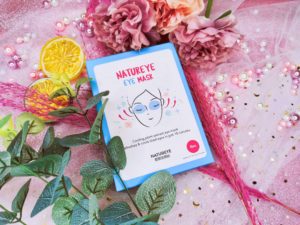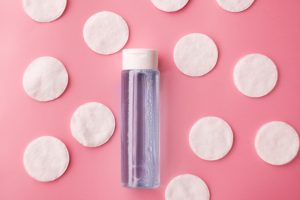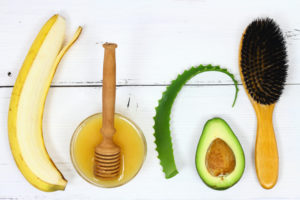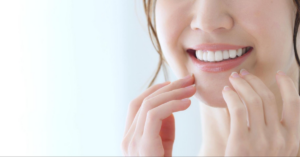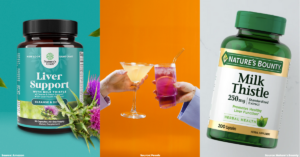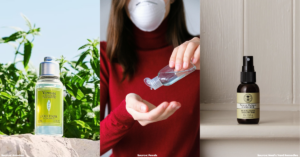Wellness
14 Natural Herbs & Vitamins That Help In Calming Your Anxiety
Going through anxiety can be a challenge. What’s even more challenging is that not everyone would understand what you’re going...
By: / March 19, 2020
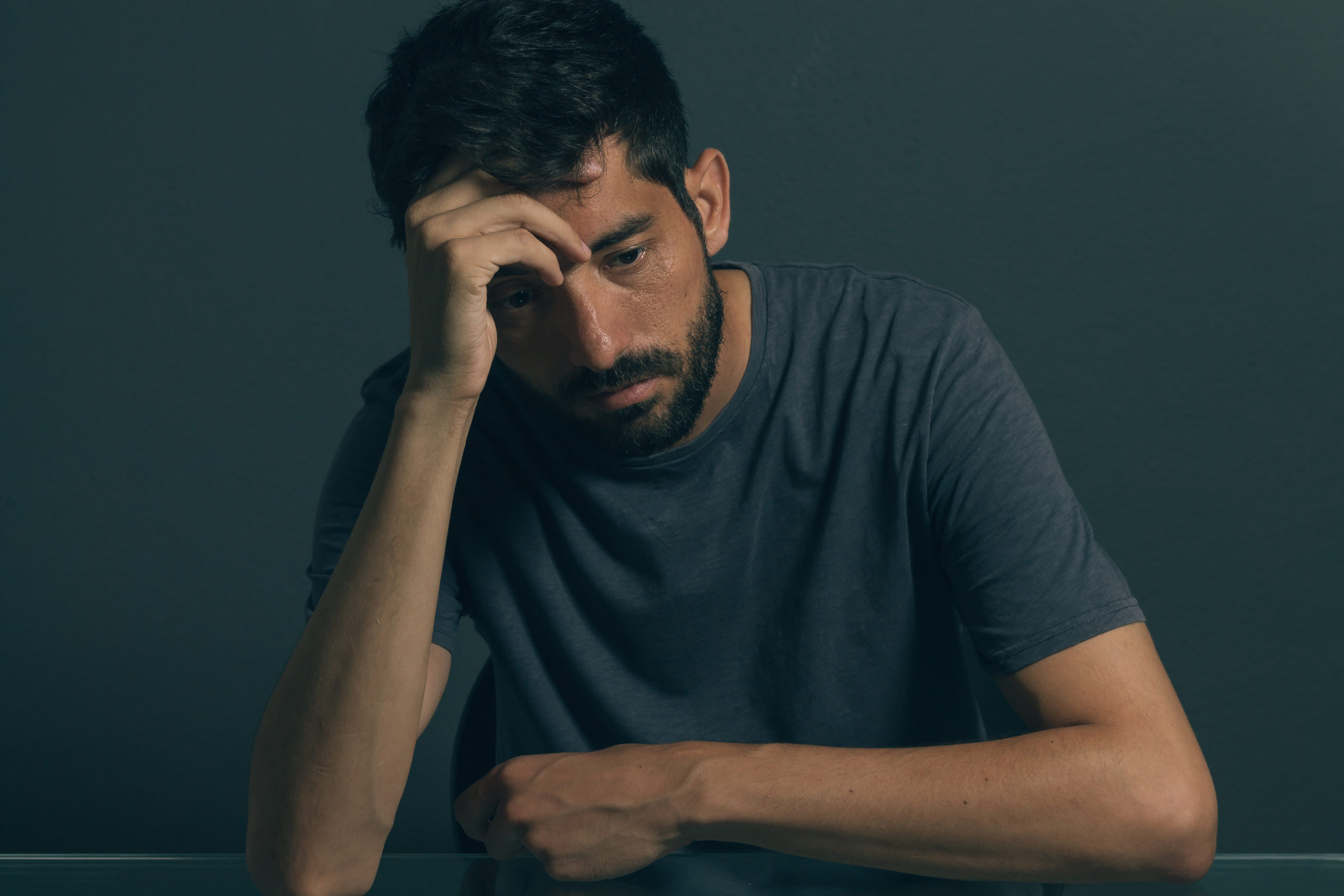
Going through anxiety can be a challenge. What’s even more challenging is that not everyone would understand what you’re going through. Some of us have anxiety attacks once in a while or in a blue moon, but there are others who go through it frequently. We believe that beauty also comes from within and not just on the outside. You have to feel good to look good. Hence, Beauty Insider recommends 14 natural herbs and vitamins that help in calming your anxiety. Results may not be instant but in the long run, it will help.

Contents
Herbs
Passionflower
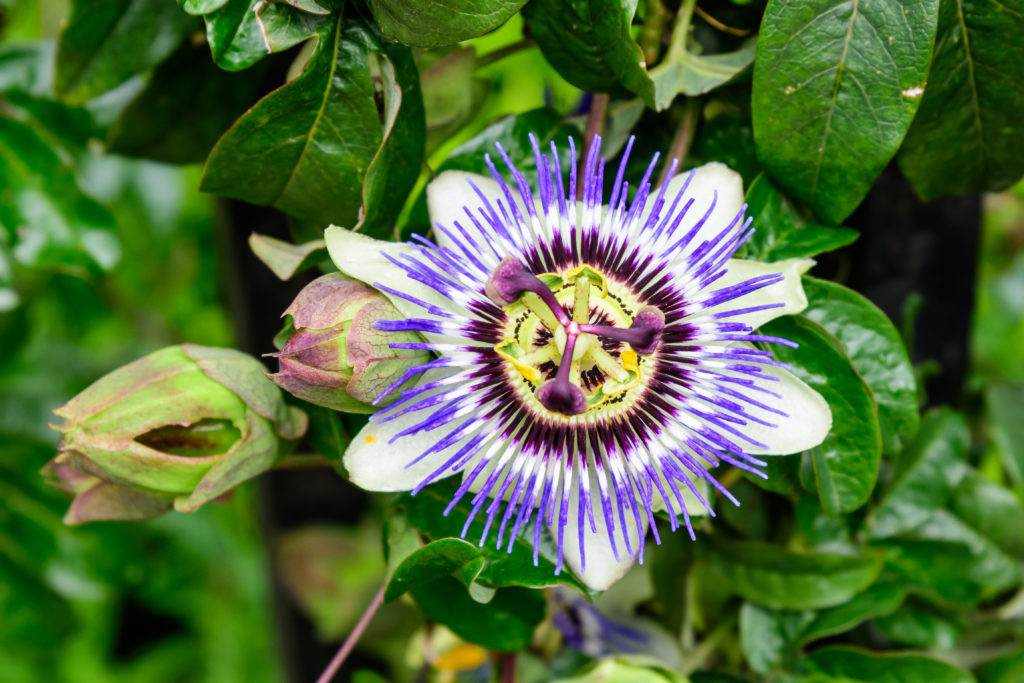
Passiflora incarnata is better known for its sweet passion fruit. It is a folk remedy for anxiety and is said to promote positive moods, provide better sleep, and alleviate nervousness.
Researchers in a study found that passionflower was just as effective as a normal anxiety pill prescription. It is said that the supplement or tincture of the flowers will work well.
How to use: Passionflower can be consumed as an extract or tablet, and can also be added into teas and tinctures. If you opt for supplements, the average supplement dose is around 500mg. This might be split across two capsules or taken as a once a day capsule.
Valerian Root
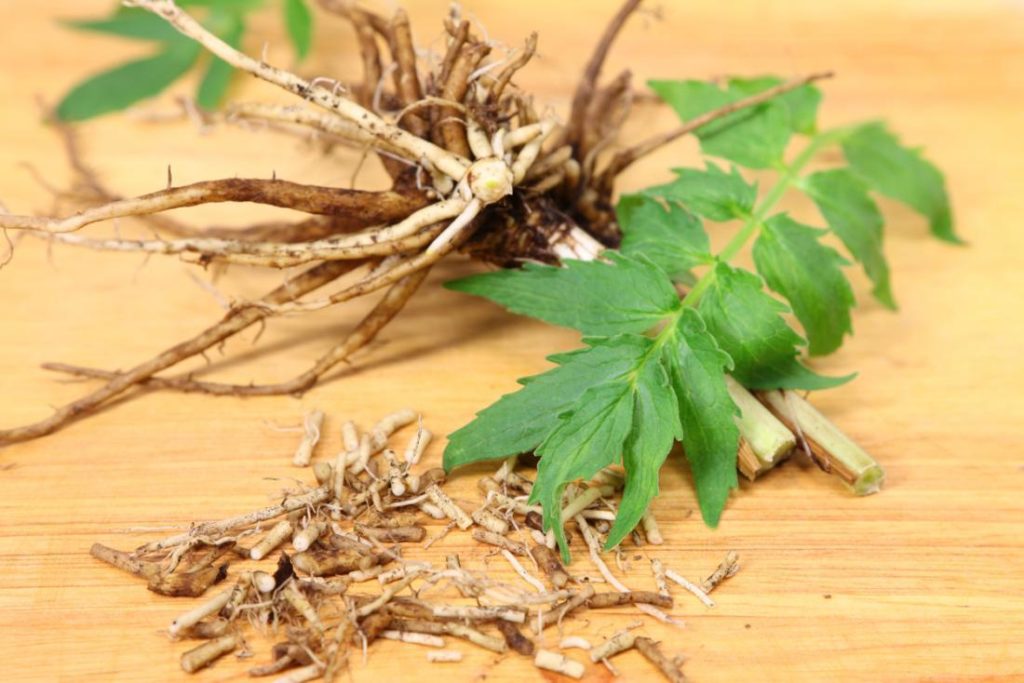
Since the time of ancient Greece, Valerian Root has been used for vast medical purposes. While it is known to be a sleep-aid, this herb is also helpful in reducing anxiety. When it is ingested, valeric acids found within the herb convert into being calming, regulating stress and relaxing the body and the mind.
How to use: Valerian root extract is available both in capsules and liquid forms. The average supplement dose of this is around 500mg. It may be split across two capsules or as a once a day capsule. Not only that, but it is also available as a tea.
Licorice Root
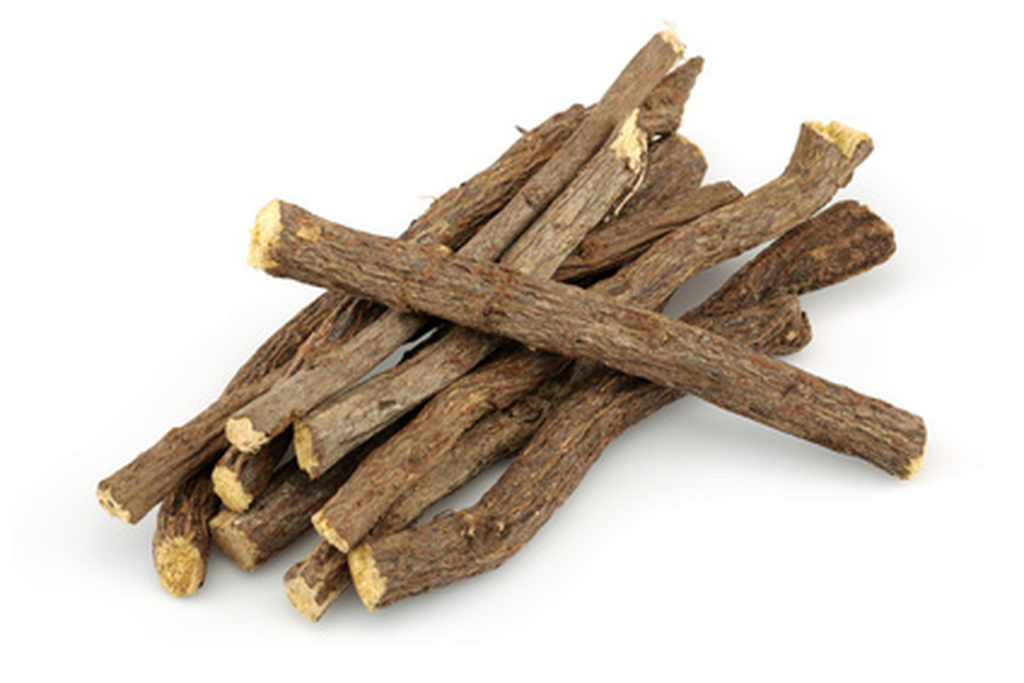
Usually, most people enjoy licorice root for its sweet taste. It is also used in many candies and beverages. However, licorice root carries multiple health benefits for those with anxiety because of the effects it has on your adrenal glands. In the body, our adrenal glands produce stress hormones adrenaline and the cortisol.
Licorice root aids in regulating the production of these hormones, buffeting the body’s defences against stress as well as reducing symptoms of anxiety. What’s more is it also helps in soothing gastrointestinal problems, which is common in many of those with anxiety.
How to use: It is best to consume licorice in an extracted purified form. Deglycyrrhizinated licorice (DGL) is said to be the most effective variety of medicinal licorice root that is available. It is either sold in capsules, powder, tea, or chewable tablet forms.
Ashwagandha
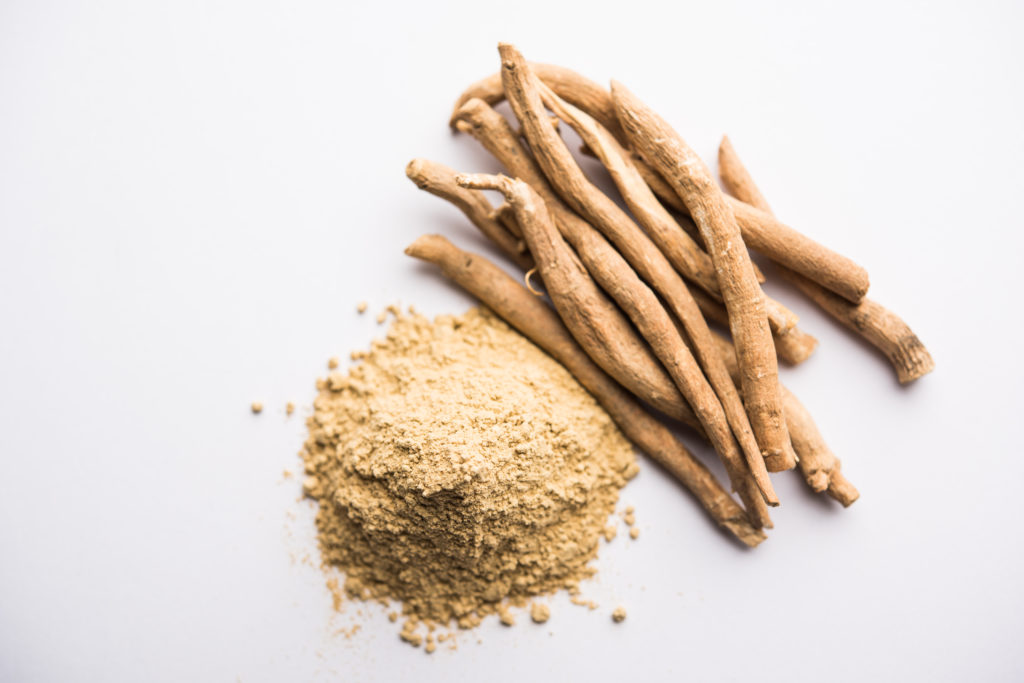
Ashwagandha also known as Withania somnifera has been used in Ayurveda medicine for centuries. It is used to fight the effects of ageing, improving energy and reducing anxiety.
The root of it is considered to be the compound that helps in regulating the body’s natural processed while promoting overall health and wellness. These days, most people use Ashwagandha to aid in mood improvement and reducing anxiety.
How to use: Ashwagandha is most commonly consumed in the forms of capsules. The average supplement dose is about 900mg. This could be taken as a two 450mg capsules twice a day or one capsule with 900mg a day.
Rhodiola
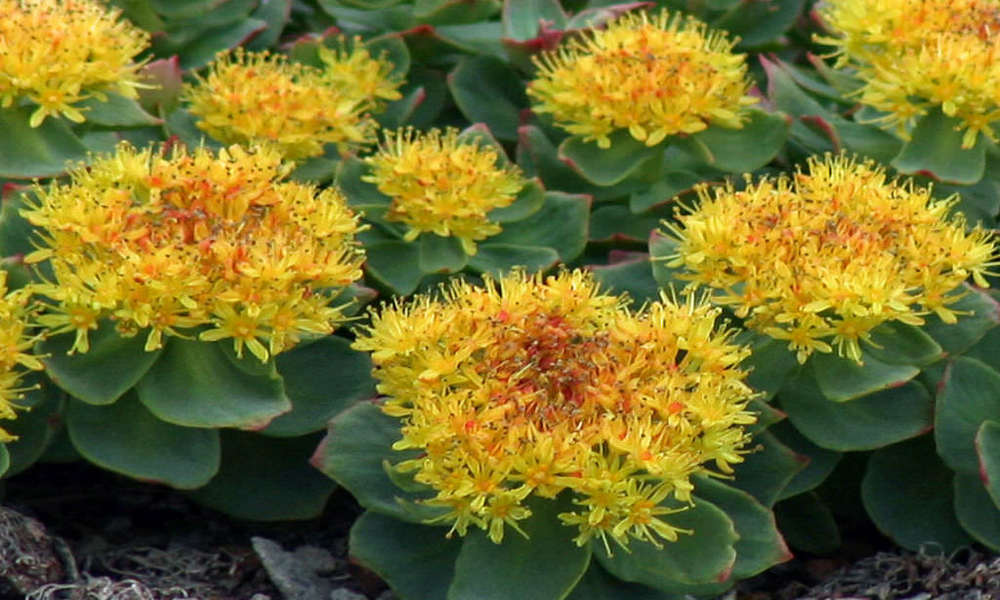
Scientifically known as Rhodiola rosea, it is also known as “golden root”. It has a long history of medicinal use in traditional Siberian and Chinese medicine. Rhodiola promotes mental and physical health whilst improving one’s mood and resilience to stress. Not only that, but it has also been used as a nerve tonic and a calming agent for centuries now.
How to use: Rhodiola is available in extracts and teas but it is usually taken in the forms of capsules. The average supplement dose for it is around 500mg. It may be slip across two capsules taken twice a day or one capsule a day.
Kava Kava

Kava Kava also known as Piper methysticum is a plant from the Pacific islands. It has been used as a traditional calming tonic for some time now. In a study in 2016, it was founded that it targets the GABA receptors that manage anxiety symptoms. With this, the Kava Kava helps enhance the body’s own natural ways of managing and overcoming anxiety.
How to use: Kava Kava’s average supplement dose is around 250mg. This is usually split across two tablets taken twice a day, or one tablet a day. Daily consumption of Kava Kava should not exceed four weeks.
Bacopa
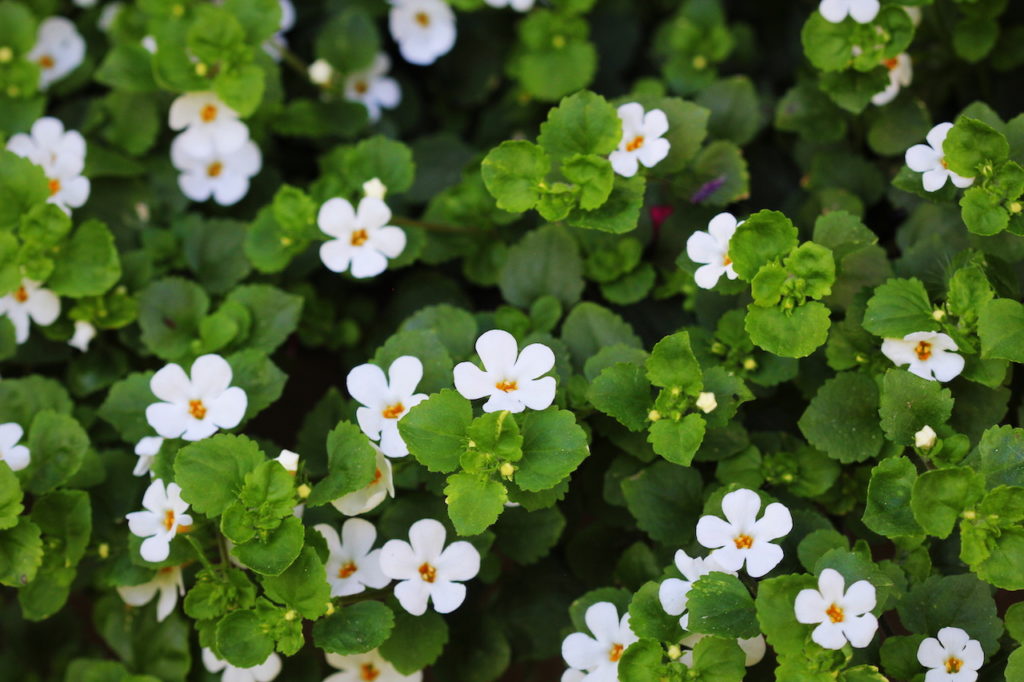
Bacopa extracts also known as Bacopa monnieri are studied for neuroprotective activities or the protection of the neurons. In a 2013 study, it was said that Bacopa helps in reducing cortisol. Cortisol is a stress hormone and it usually can worsen your anxiety symptoms.
How to use: Bacopa extracts’ average supplement dose is around 500mg. This is usually split across two tablets or taken once daily.
Vitamins
Omega-3 Fatty Acids
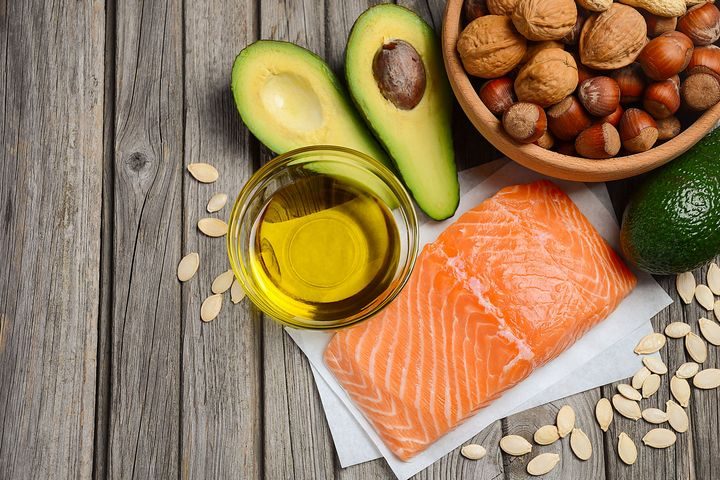
Omega-3 Fatty Acids makes up the basic building blocks of the bran as well as the nervous system. These acids are vital for cognitive functioning and as also shown results in improving symptoms of depression. Which makes it closely linked to anxiety. A study has sown that omega-3 supplements reduce inflammation and anxiety in medical students during examinations.
Source of Omega-3 Fatty Acids: Fish oils, fish: tuna, lake trout, mackerel, salmon, herring, sardines, anchovies, oysters, caviar, flax and chia seeds, and walnuts.
Probiotics
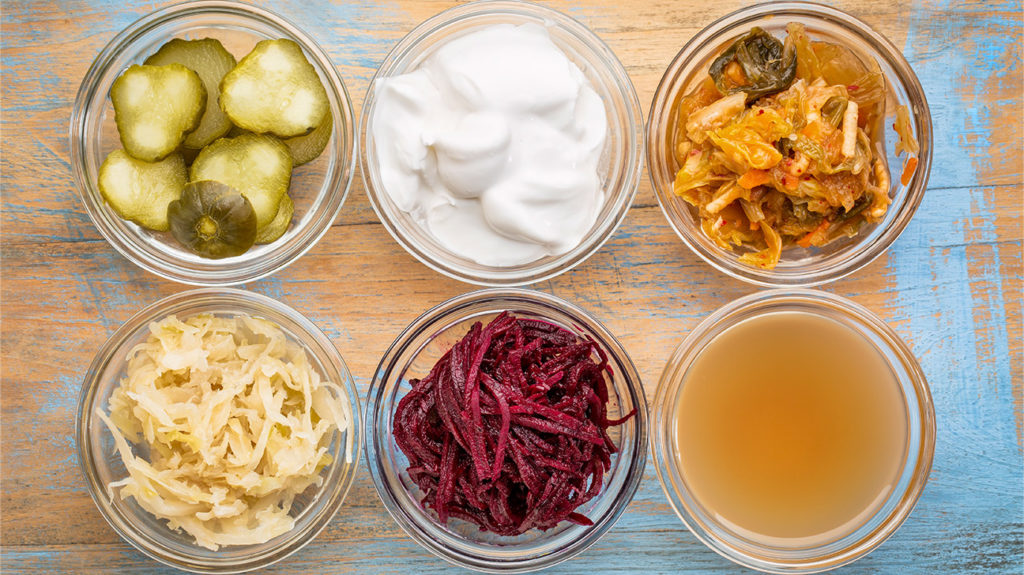
Probiotics are microorganisms that are known for their benefits in our digestive health. Studies have shown that probiotics can also have a profound impact on mental health. It is said that a healthy balance of bacteria in the body boosts the body’s ability in improving overall mental health, cognitive functioning and coping with stress. Also, probiotics are found in a vast range of food and drinks, especially in those created by fermentation.
Source of Probiotics: Yogurt, kimchi, tempeh, sauerkraut, kombucha, miso and pickles.
L-Theanine
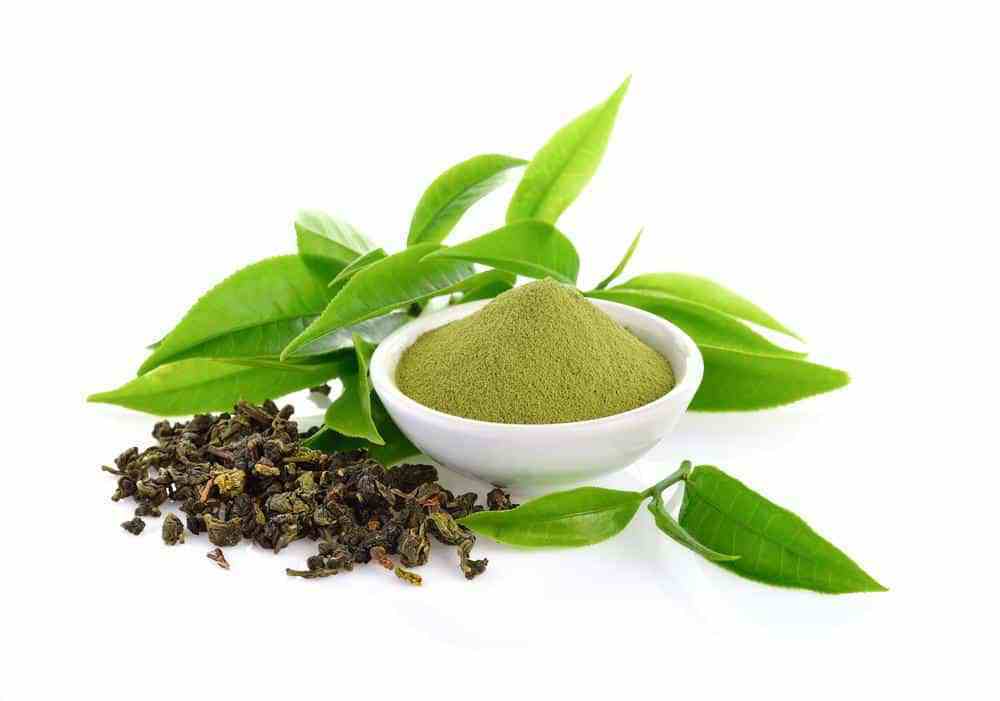
L-Theanine is an amino acid that improves focus, promotes relaxation and reduces stress. Its property is usually found in green and black tea. Research has shown that it produces positive effects on one’s mood. IT also improves one’s attention and helps in improving sleep quality.
Source of L-Theanine: Black tea, green tea, oolong tea and bay bolete mushrooms.
Magnesium
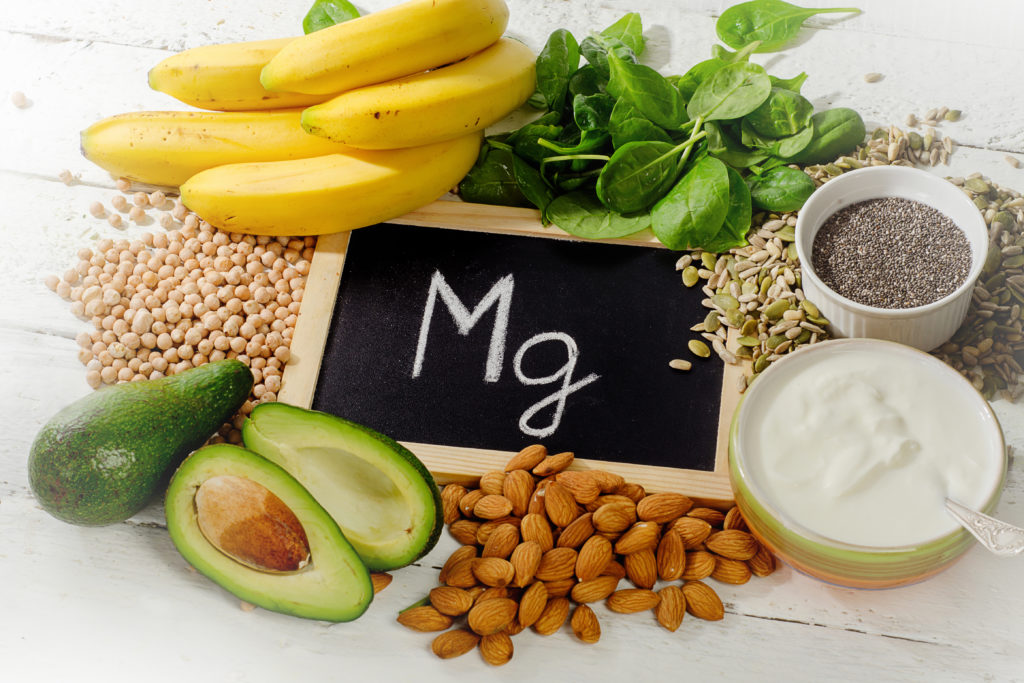
Magnesium is said to be a necessary mineral for human health. Our body does not need too much of it. However, if you are getting too little, magnesium deficiency may lead to symptoms of anxiety. Not only that, but magnesium is also said to be a natural muscle relaxer as we hold on to too much tension within our muscles. Hence, relieving anxiety.
Source of Magnesium: Spinach, kale, avocado, banana, raspberries, nuts and seeds, chickpeas, kidney beans, broccoli, Brussel sprouts, salmon, mackerel and tuna.
GABA
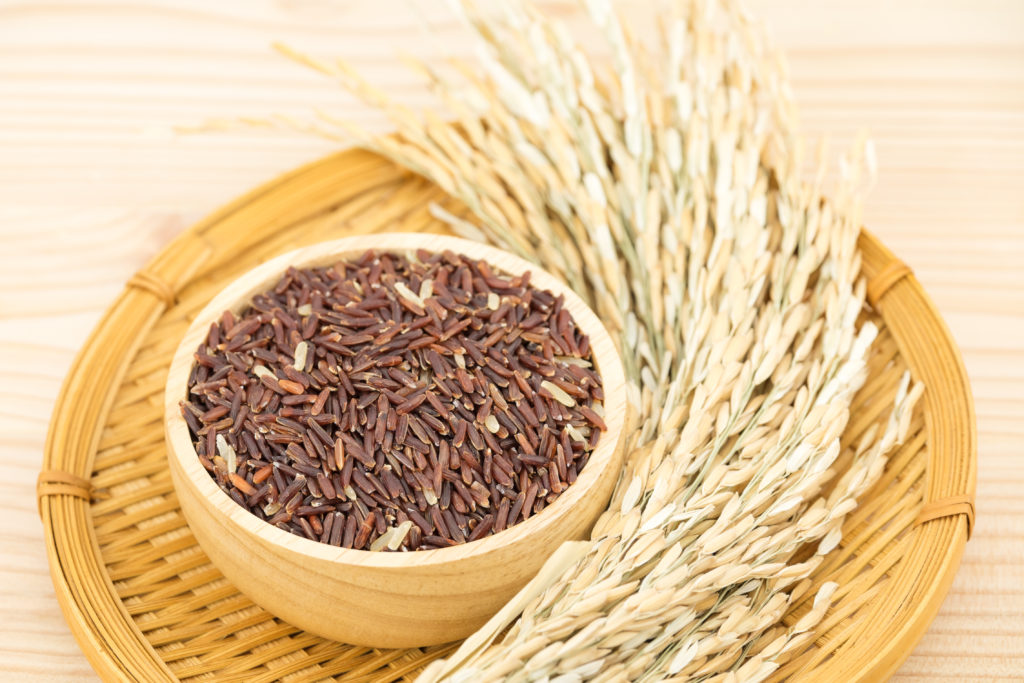
GABA is an abbreviation for Gamma-aminobutyric acid. It is an amino acid and neurotransmitter found in the brain that is crucial to serotonin production. Because serotonin is one of the nervous system’s powerful and feel-good neurotransmitters, GABA plays a vital role in regulating one’s mood and helping them feel relaxed.
Source of GABA: Whole grains, soy, lentils, beans, nuts, fish, shrimp, citrus, tomatoes, spinach, broccoli, potatoes and cocoa.
B Vitamins
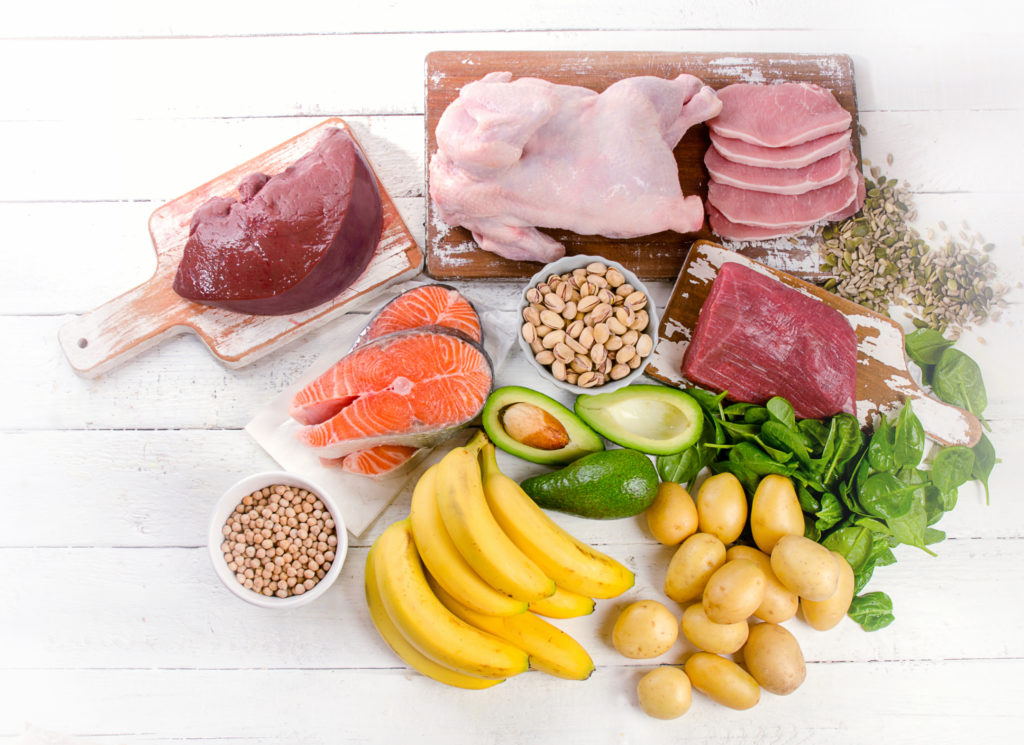
B Vitamins are vital for a healthy nervous system functioning. They play an important role in the different aspects of mental health that includes energy, cognition and attention. Not only that, but they can also have a significant impact on two key aspects of anxiety symptoms which are moods and stress management.
Source of B-Vitamins: Wild salmon, yoghurt, eggs, cheese, lamb, turkey, carrots, shrimp, tuna, grass-fed beef and leafy vegetables.
5-HTP
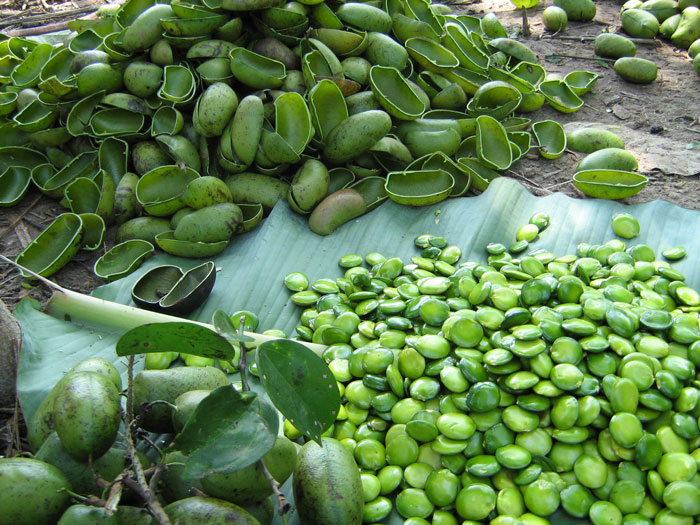
5-HTP is the abbreviation for 5-hydroxytryptophan. It is a neurotransmitter and is a precursor to serotonin. That makes it a “happiness neurotransmitter” in the human brain. Also, a 2012 study found that 5-HTP supplements may help with anxiety. However, it is also said that they are only most effective when used in certain therapies and by the recommendation from your doctor.
Source of 5-HTP: You can’t get 5-HTP from food. However, you can consume the food which the body uses to make 5-HTP. For example turkey, chicken, milk, potatoes, pumpkin, sunflower seeds, turnip, collard greens and seaweed.

